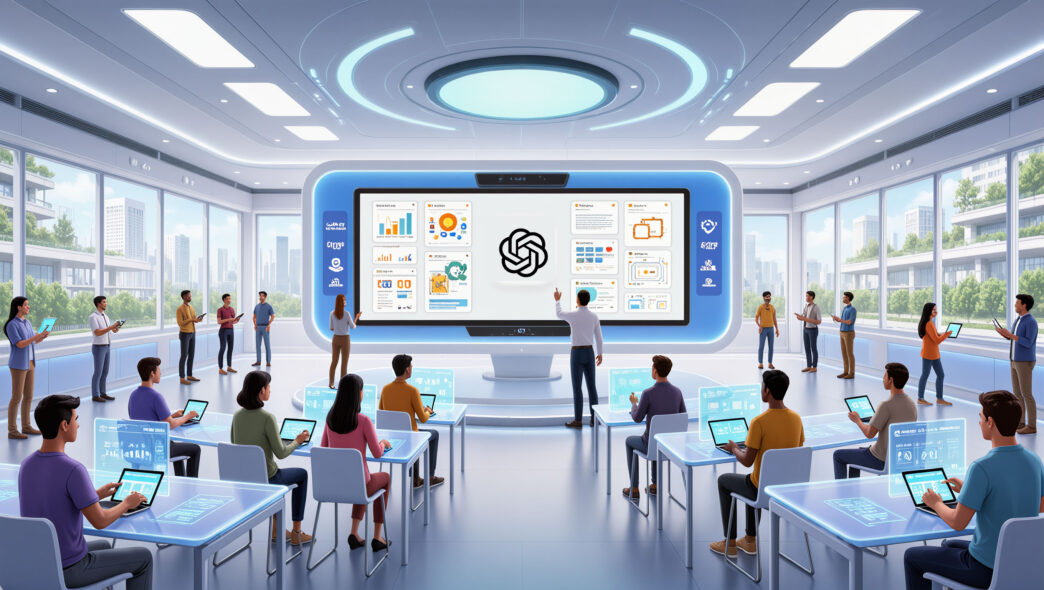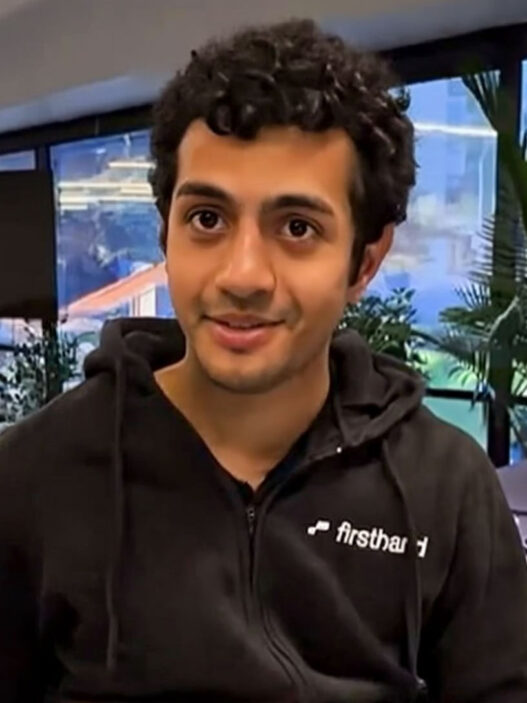On July 30, 2025, the world of education technology took a bold step forward as OpenAI unveiled the eagerly anticipated “Study Mode” for ChatGPT. More than just a product feature, “Study Mode” signifies a strategic reimagining of how schools, universities, and self-learners harness artificial intelligence to empower the classroom—and the living room.
AI Meets the Classroom: Not Just a Chatbot
Since its debut, ChatGPT has helped millions across the globe with snippets of explanations and late-night essay brainstorming. But OpenAI recognized a deeper opportunity: could generative AI become a central pillar of personalized education, seamlessly integrating with real-world curricula and educational platforms?
Enter “Study Mode.” This new capability transforms ChatGPT from a broad conversationalist to a disciplined study partner equipped with tailored features for academic success. Students can now access curriculum-aligned practice questions, instant citation support, and even real-time plagiarism checks—all inside the intuitive, conversational interface they already trust.
Forging Powerful EdTech Alliances
But OpenAI didn’t stop at building new features. In a move reminiscent of the industry’s fastest disruptors, it partnered with leading EdTech companies in both India and the United States. These partnerships ensure that “Study Mode” doesn’t exist in a vacuum; instead, it plugs directly into the digital classrooms used by millions:
- In India, collaborations are underway with homegrown educational giants whose platforms collectively serve more than 10 million students in K–12 and test prep sectors.
- In the US, OpenAI joined forces with top-tier online learning management systems and university platforms, giving tens of millions of learners and educators direct access to its academic AI tools.
Features Designed for Modern Learners
“Study Mode” is no mere bolt-on—it addresses pain points head-on:
- Curriculum-Aligned Practice Questions: Whether preparing for CBSE board exams in India or AP tests in the US, students receive dynamically generated, syllabus-matching quizzes and solutions.
- Citation and Research Support: With a single prompt, ChatGPT provides current, properly formatted citations, helping students strengthen the credibility of their assignments.
- Integrated Plagiarism Checks: Written work can be screened in real-time, giving students instant feedback on originality and helping educators maintain academic integrity.
- Adaptive Learning Capabilities: Advanced machine learning algorithms adapt to a student’s knowledge gaps, delivering targeted assistance and personalized study plans.
Facts, Figures, and a Growing Impact
- Market Reach: Over 30 million students and educators have access to “Study Mode” within the first week of rollout, via both OpenAI and partner platforms.
- Content Breadth: The platform offers practice and review materials spanning math, science, social studies, language arts, and coding—covering over 20 curricula and standardized exams globally.
- Early Feedback: In pilot programs across Delhi, New York, and California, over 85% of educators reported improved student engagement and more efficient assignment grading.
Why This Matters
In a landscape where remote and hybrid learning are now the norm, educators are inundated with grading and curriculum adaptation, while students struggle for personalized support. “Study Mode” aims to lessen these burdens—not just by automating tasks, but by fostering better study habits and academic confidence.
The Road Ahead
“With ‘Study Mode,’ we’re not just teaching facts. We’re teaching students how to learn, collaborate, and solve problems in an AI-augmented world.”
OpenAI’s founder, Sam Altman
As AI becomes increasingly woven into the fabric of modern education, ChatGPT’s “Study Mode” stands as a powerful example of how generative technology, when combined with strategic partnerships and user-centered design, can help unlock a new era of equitable, personalized learning. The classroom of the future isn’t just digital—it’s conversational, adaptive, and powered by AI.


















